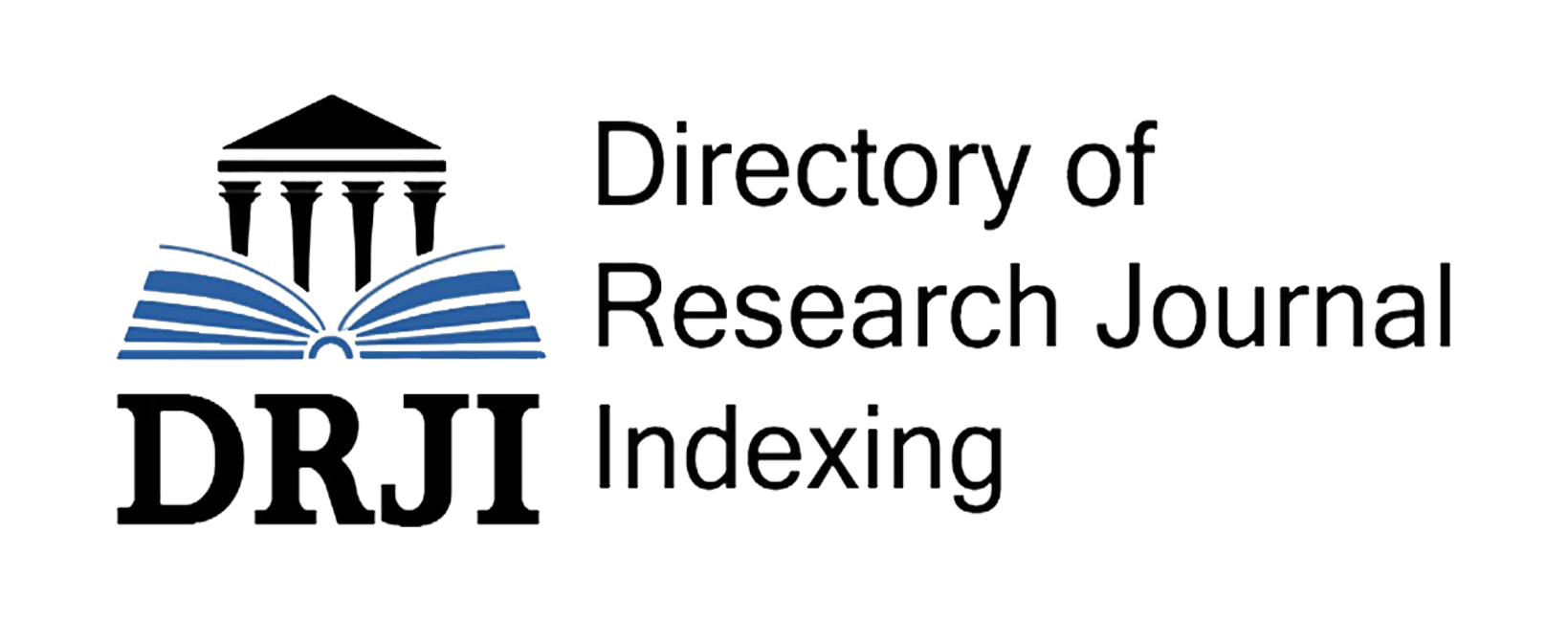A QUALITATIVE RESEARCH METHODOLOGY TO EXAMINE THE EFFECTIVENESS OF A PROJECT-BASED APPROACH IN TEACHING ESP
Keywords:
English for Specific Purposes (ESP), project-based learning, student-centered learning, motivation, critical thinking, problem-solving skills, language skills, collaborationAbstract
English for Specific Purposes (ESP) is a specialized form of English language instruction that requires teaching approaches tailored to the specific needs and goals of the learners. This article explores the role of a project-based approach in teaching ESP. The project-based approach involves giving students a project to work on that is related to their specific area of study. The article reviews the literature on project-based learning in ESP and discusses the benefits of using this approach, including increased motivation and engagement, the development of critical thinking and problem-solving skills, and the integration and holistic development of language skills. A qualitative research methodology is employed to investigate the effectiveness of the project-based approach in teaching ESP, with data collected through student interviews, classroom observations, and analysis of student projects. The results of the study support the use of project-based learning as an effective approach to teaching ESP. The article concludes by discussing the importance of designing the project carefully and providing the necessary teacher support and guidance to ensure success.
References
Kuo, I. C., & Anderson, N. J. (2010). Project-based learning in ESP: A case study of a business English course. English for Specific Purposes, 29(4), 233-247.
Nunan, D., & Bailey, K. M. (2009). Exploring second language classroom research: A comprehensive guide. Heinle & Heinle.
Thomas, M., & Reinders, H. (2012). Task-based language learning and teaching with technology. Bloomsbury Publishing.
Wang, C., & Li, Y. (2011). The application of project-based learning in business English teaching. Education Research, 2, 637-641.
Yildiz, M. (2014). The effects of project-based learning on EFL learners' English language achievement and motivation. Journal of Language and Linguistic Studies, 10(2), 77-90.
Алимова, Ш. А., & Ниёзова, И. Н. (2021). Бизнес-коммуникации в системе управления промышленных структур. Academy,(1 (64)), 55-57.
Shamsiya, A. (2023). HR MANAGEMENT AND COACHING IN THE INNOVATIVE ECONOMY AS A METHOD OF BUSINESS MANAGEMENT. Modern Science and Research, 2(10), 712-717.
Abidovna, A. S. (2024). FORMATION AND DEVELOPMENT OF CAREER AS PERSONNEL TECHNOLOGY OF HUMAN RESOURCE MANAGEMENT. Gospodarka i Innowacje., (45), 327-332.
Abidovna, A. S. (2024). THE IMPACT OF E-ACCOUNTING IN MODERN BUSINESSES.
Abidovna, A. S. (2023). Priority directions of analysis of channels of promotion of the main activity of the enterprise and separate communication programs. Gospodarka i Innowacje., 42, 369-374.
Алимова, Ш. А., & Халимова, Д. Р. (2021). СОЦИАЛЬНО-ЭКОНОМИЧЕСКАЯ СУЩНОСТЬ СТРАТЕГИЙ ИНВЕСТИЦИОННОЙ ПОЛИТИКИ РЕСПУБЛИКИ УЗБЕКИСТАН. In Современные проблемы социально-экономических систем в условиях глобализации (pp. 340-344).
Abidovna, A. S. (2023). MONTE CARLO MODELING AND ITS PECULIARITIES IN THE IMPLEMENTATION OF MARKETING ANALYSIS IN THE ACTIVITIES OF THE ENTERPRISE. Gospodarka i Innowacje., 42, 375-380.
Abidovna, A. S. (2024). THE ROLE OF INFORMATION TECHNOLOGY IN THE PERSONNEL MANAGEMENT SYSTEM.
Alimova, S. A., & Khaitov, V. S. (2022). ON THE WAY OF TOURISM DEVELOPMENT IN UZBEKISTAN APPLICATION OF ELECTRONIC MARKETING STRATEGIES OPPORTUNITIES. PEDAGOGICAL SCIENCES AND TEACHING METHODS, 303.
Alimova, S. (2023). THE CONCEPT AND TASKS OF A MODERN MANAGEMENT SYSTEM ENTERPRISE PERSONNEL. Modern Science and Research, 2(12), 1085-1090.
Abidovna, A. S. (2023). MODERN TRENDS IN MANAGEMENT STRATEGIES AND THEIR APPLICATION IN COMMERCIAL BANKS. Gospodarka i Innowacje., 41, 326-332.
Alimova, S. A., & Nutfullaevna, K. M. (2022). STATE MANAGEMENT OF FOREIGN ECONOMIC ACTIVITY OF ENTERPRISES. Galaxy International Interdisciplinary Research Journal, 10(10), 75-80.
Alimova, S. A., & Shavkatovich, P. S. (2022). THE ROLE OF FOREIGN INVESTMENT IN ENSURING THE FINANCIAL SUSTAINABILITY OF THE ECONOMY. Galaxy International Interdisciplinary Research Journal, 10(3), 359-364.
Abidovna, A. S. (2023). Special directions of tourism development in Bukhara region: problems and solutions. Zien Journal of Social Sciences and Humanities, 21, 51-55.
Abidovna, A. S. (2024). “PERSONNEL MANAGEMENT” AND “HUMAN RESOURCE MANAGEMENT”: HISTORY OF ORIGIN, ESSENCE AND RELATIONSHIP OF CONCEPTS. Gospodarka i Innowacje., 46, 336-343.
Alimova, S. O. FEATURES OF THE STRATEGIC MANAGEMENT SYSTEM OF INDUSTRIAL ENTERPRISES.
Alimova, S. (2024). THE ROLE OF INFORMATION TECHNOLOGY IN THE PERSONNEL MANAGEMENT SYSTEM. Modern Science and Research, 3(2), 385-390.









